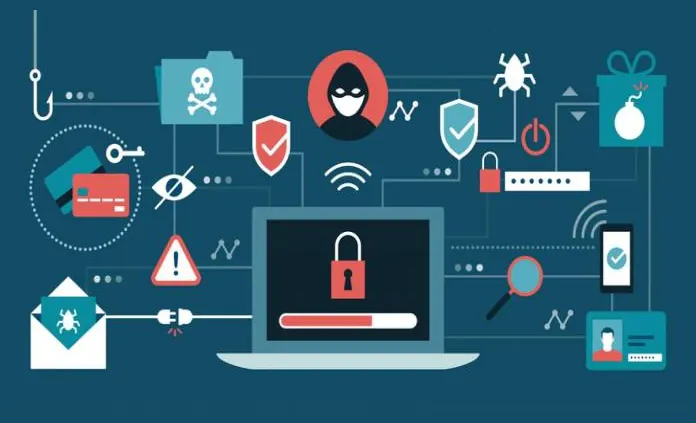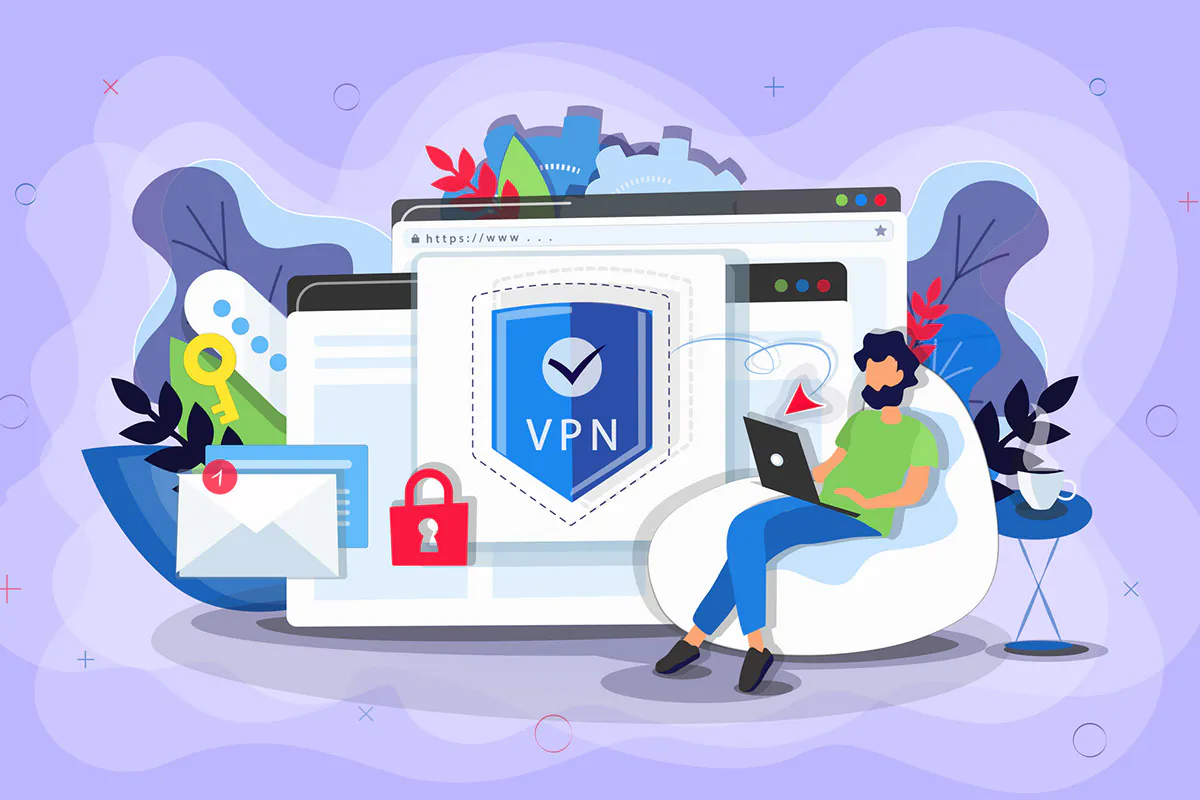© ROOT-NATION.com - Use of content is permitted with a backlink.
In today’s world, which is really fast-paced, the convenience of public Wi-Fi has become practically a must-have. From catching up on emails during a layover at the airport to enjoying a movie at your favorite cafe, public Wi-Fi networks are indispensable to the modern user. Yet as handy as they are, public networks can be dangerous due to flaws in security that can put your personal information in danger.
The Allure of Public Wi-Fi
Public Wi-Fi networks, which are typically found in cafes, airports, hotels, and libraries, provide the attraction of on-the-go access. For travelers, digital nomads, or simply anyone without a stable data plan, these networks can be a lifesaver. However, there is no such thing as a free lunch, as the phrase goes.

The Dark Side of Public Wi-Fi
Unencrypted Networks: Most public Wi-Fi networks are unencrypted. This means that anyone with simple hacking skills can intercept whatever data you send over the network, from passwords to credit card information.
Attacks by a Man-in-the-Middle: On public networks, this is a frequent method employed by hackers. In this case, the bad guy secretly listens in and might change the chat between two people, stealing private details while doing so.
Rogue Hotspots: Here, a hacker sets up a fake Wi-Fi hotspot with a name similar to a legitimate public network. Unsuspecting users connect to this rogue hotspot, giving the attacker an open invitation to explore their device and data.

Malware Distribution: Cybercriminals can exploit public Wi-Fi to inject malware into connected devices. This spyware can then capture keystrokes, read data, and potentially remotely manipulate the laptop.
VPNs: Your Armor Against Public Wi-Fi Threats
A Virtual Private Network (VPN) is a service that transforms a public internet connection into a private network. It masks your IP address, ensuring your online actions are virtually untraceable. More importantly, VPNs create safe and encrypted connections, increasing privacy and security, particularly on public networks.
Data Encryption: VPNs encrypt your data, making it unreadable to anyone who might intercept it. Even if a hacker has access to your data, they will be unable to comprehend it due to the encryption.

Hiding Your Online Activities: With a VPN, your online activities, from the websites you visit to the files you download, are hidden from prying eyes, be it hackers, ISPs, or even the government.
Protection Across Devices: Premium VPNs offer protection across multiple devices. A VPN protects you while you use public Wi-Fi on your laptop, tablet, or smartphone.
Bypass Geo-Restrictions: While this isn’t directly related to public Wi-Fi security, it’s a handy VPN feature. VPNs can make it appear as though you’re connecting to the internet from another place, allowing you to avoid geo-restrictions.
Choosing the Right VPN
With a myriad of VPN services available, making the right choice can be daunting. However, considering a few key factors can make this task easier:
Security Protocols: Ensure that the VPN uses advanced security protocols like OpenVPN or L2TP.
No-Logs Policy: Opt for a VPN that doesn’t track or keep logs of your online activities. This makes sure to complete privacy.
Speed: A slow VPN can be frustrating. Check reviews or utilize trial periods to test the connection speed.
Number of Servers: A larger number of servers usually means better speed and the ability to bypass geo-restrictions efficiently.
Device Compatibility: Make sure the VPN is compatible with all your devices.
Pricing: Premium VPN services offer better security features and more server options. You can explore different VPN pricing options to find one that suits your budget without compromising on quality.
In Conclusion
While exploring the expansive online world, we often take comfort in the perks of today’s tech, like the common presence of public Wi-Fi. But with these comforts come vulnerabilities often overlooked by the everyday user. Public networks, while immensely useful, are also hotspots for potential cyber threats and data breaches. It’s akin to navigating a bustling market, where amidst the allure of the sights and sounds, pickpockets lurk in corners.
VPNs emerge as our digital bodyguards in this vast market of the internet. Their primary role isn’t just to mask our online presence but to create a secure environment where information flows encrypted, away from potential eavesdroppers. This degree of protection extends further than just guarding against digital dangers. It personifies the greater ideal of digital liberty. With a VPN, the internet, in its vastness, remains open and unrestricted, be it accessing content from different countries or ensuring private conversations remain private.
However, it’s paramount to remember that in the diverse market of VPNs, discernment is key. Each VPN has its ups and different features. It’s an investment in online safety, and choosing wisely can mean the difference between a protected browsing session and a compromised one.

